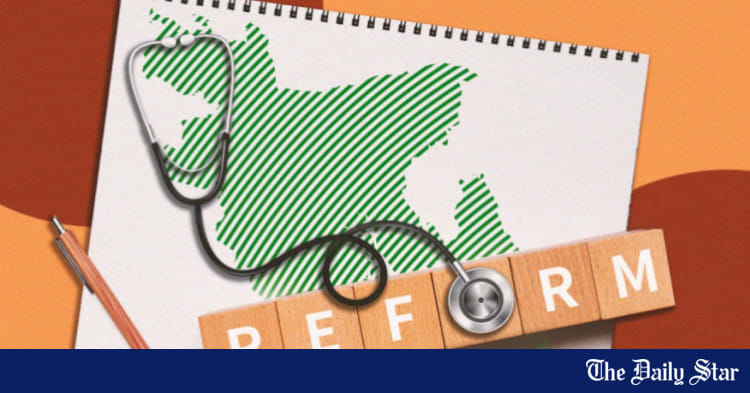Boosting Healthcare Across the Philippines: Commission Unveils Plan for Four National Support Networks

The Philippines' healthcare landscape is set for a significant upgrade, as the Health Sector Reform Commission (HSRC) recently proposed the establishment of four national health support networks. This ambitious initiative aims to bolster the accessibility, quality, and reach of healthcare services across the archipelago, addressing long-standing challenges and ensuring Filipinos receive the care they deserve.
Addressing Key Healthcare Gaps
The HSRC's proposal comes as a response to identified weaknesses in the current healthcare system. Many Filipinos, particularly those in rural areas and underserved communities, face barriers to accessing essential health services. These barriers include limited availability of specialists, inadequate infrastructure, and a shortage of healthcare professionals. The proposed networks are designed to directly tackle these issues, creating a more robust and equitable healthcare framework.
The Four Vital Networks
Let's delve into the specifics of these four proposed national networks:
- National Telehealth Network: Recognizing the vast distances within the Philippines, this network will leverage technology to connect patients in remote areas with specialists and healthcare providers. Teleconsultations, remote monitoring, and digital health records will be key components, bridging the geographical gap and improving access to expert care. This is particularly crucial for specialist consultations that are often unavailable outside major urban centers.
- National Emergency Medical Services Network: This network will focus on improving emergency response times and the quality of pre-hospital care. It involves establishing standardized protocols, training emergency medical technicians (EMTs), and ensuring adequate equipment and ambulance availability across the country. Improved coordination between hospitals and emergency responders is also a priority.
- National Health Workforce Network: Addressing the shortage of healthcare professionals, this network aims to improve recruitment, training, and retention of doctors, nurses, and other healthcare workers. Incentives for working in underserved areas, scholarships, and ongoing professional development programs are all part of the plan. The goal is to distribute healthcare professionals more evenly across the nation.
- National Health Data Network: A crucial supporting element, this network will establish a secure and interoperable system for sharing health data. This allows healthcare providers to access a patient's medical history, regardless of where they received treatment, leading to more informed diagnoses and treatment decisions. Data privacy and security are paramount considerations in this network’s design.
Benefits and Potential Impact
The implementation of these national networks promises a range of benefits for Filipinos. Improved access to healthcare, particularly for those in remote areas, is a primary outcome. Enhanced quality of care through standardized protocols and access to specialist expertise is another significant advantage. The health data network will contribute to better public health planning and resource allocation. Ultimately, this initiative has the potential to significantly improve the health and well-being of the Filipino population.
Challenges and the Road Ahead
While the proposal holds immense promise, challenges remain. Securing adequate funding, coordinating efforts across multiple government agencies, and ensuring the sustainability of the networks are crucial considerations. Public-private partnerships and community involvement will also be essential for successful implementation. The HSRC is currently working with stakeholders to refine the proposal and develop a detailed implementation plan. The future of Philippine healthcare looks brighter with this proactive initiative.






